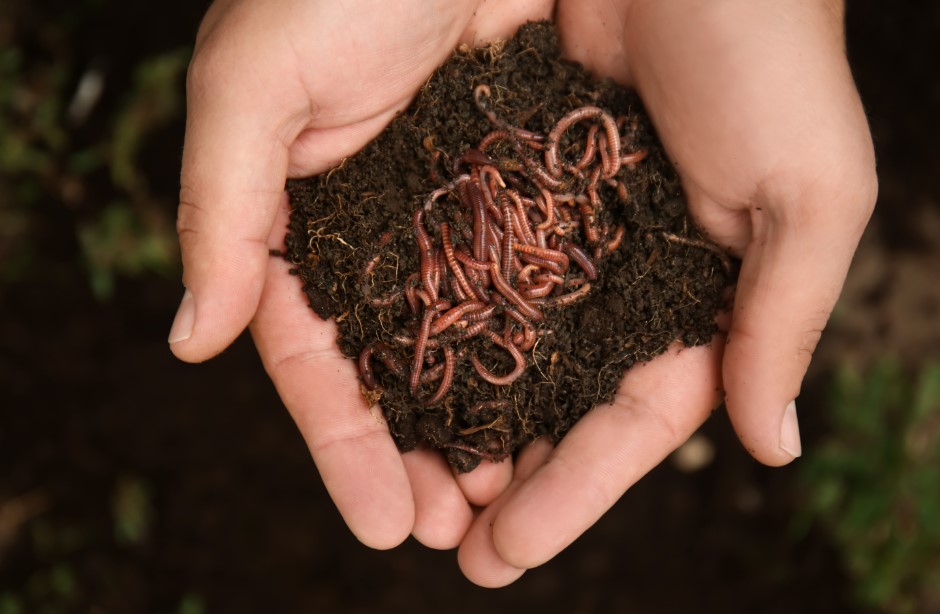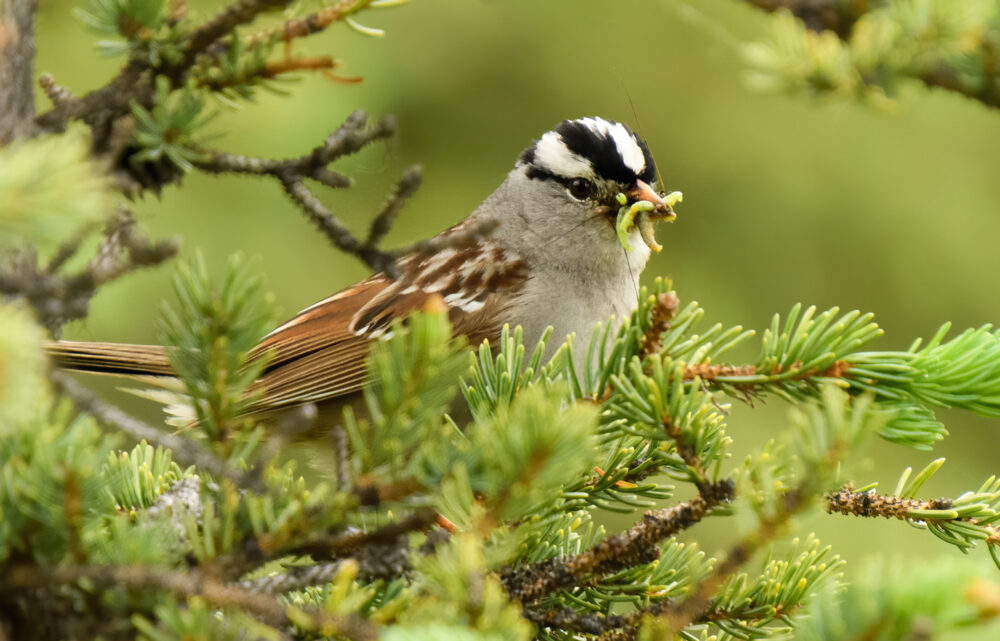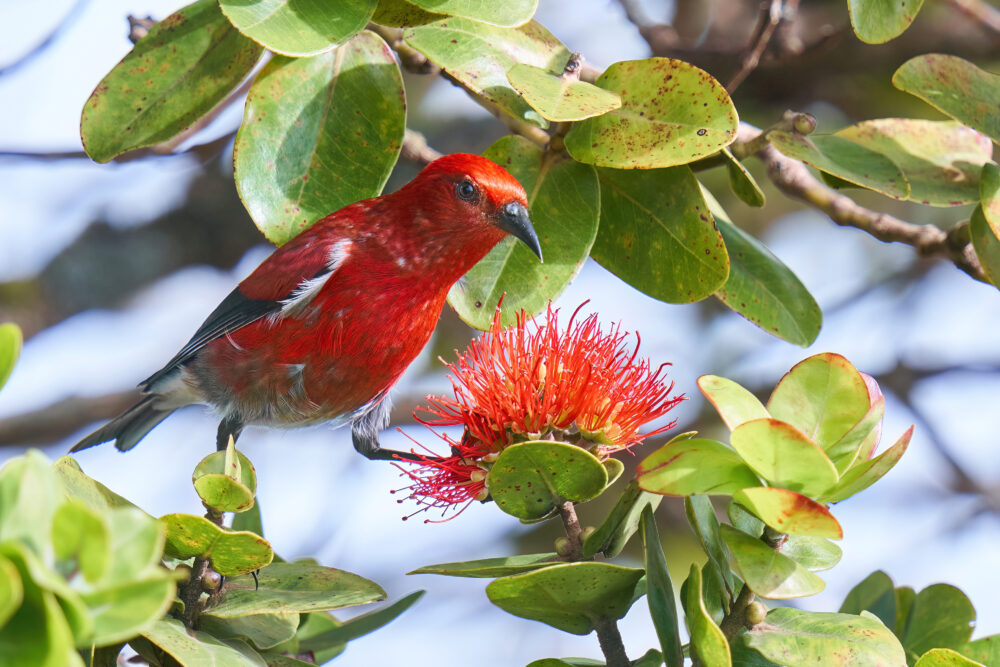We have much more to do and your continued support is needed now more than ever.
Part 2: 10 Tips for Keeping Mosquitoes at Bay
- Remove unnecessary standing water around your home. Typical hot-beds for mosquito reproduction are clogged gutters, flower-pot drainage dishes, children’s play equipment, tarps and any debris that can hold water.
- Share this advice with your neighbors. Mosquitoes that emerge in their yards will easily travel to yours.
- Empty and refill birdbaths every few days. It takes a minimum of about a week for the metamorphosis from egg to larva to pupa to winged adult to be completed, so this eliminates any chance that your birdbath will serve as a mosquito nursery.
- Attract mosquito predators. Add plants to water gardens to attract frogs, salamanders and dragonflies and put up houses for birds and bats. Fish feed on mosquito larvae, just don’t release goldfish or other exotic species into natural areas.
- Don’t use insecticides or put oil on the surface of bodies of water. This kills beneficial insects and mosquito predators and causes air and water pollution.
- “Mosquito Dunks” that contain natural bacteria that kills mosquitoes can be added to water gardens without harming fish, birds or other wildlife. (Closely related insects, some beneficial, could be affected though.)
- DEET-based repellants are effective but if you want to avoid synthetic chemicals, aromatic herbal repellents also work if applied frequently.
- Avoid going outdoors at dusk, which is peak mosquito time, or wear long sleeves to minimize exposed skin that could be bitten.
- Bug zappers aren’t effective against mosquitoes. Zappers do kill thousands of beneficial insects a night.
- Mosquitoes are not strong flyers and the breeze created by a fan is often all you need to keep a patio or deck mosquito-free so you can enjoy the outdoors.
Don’t end up like this guy!






















